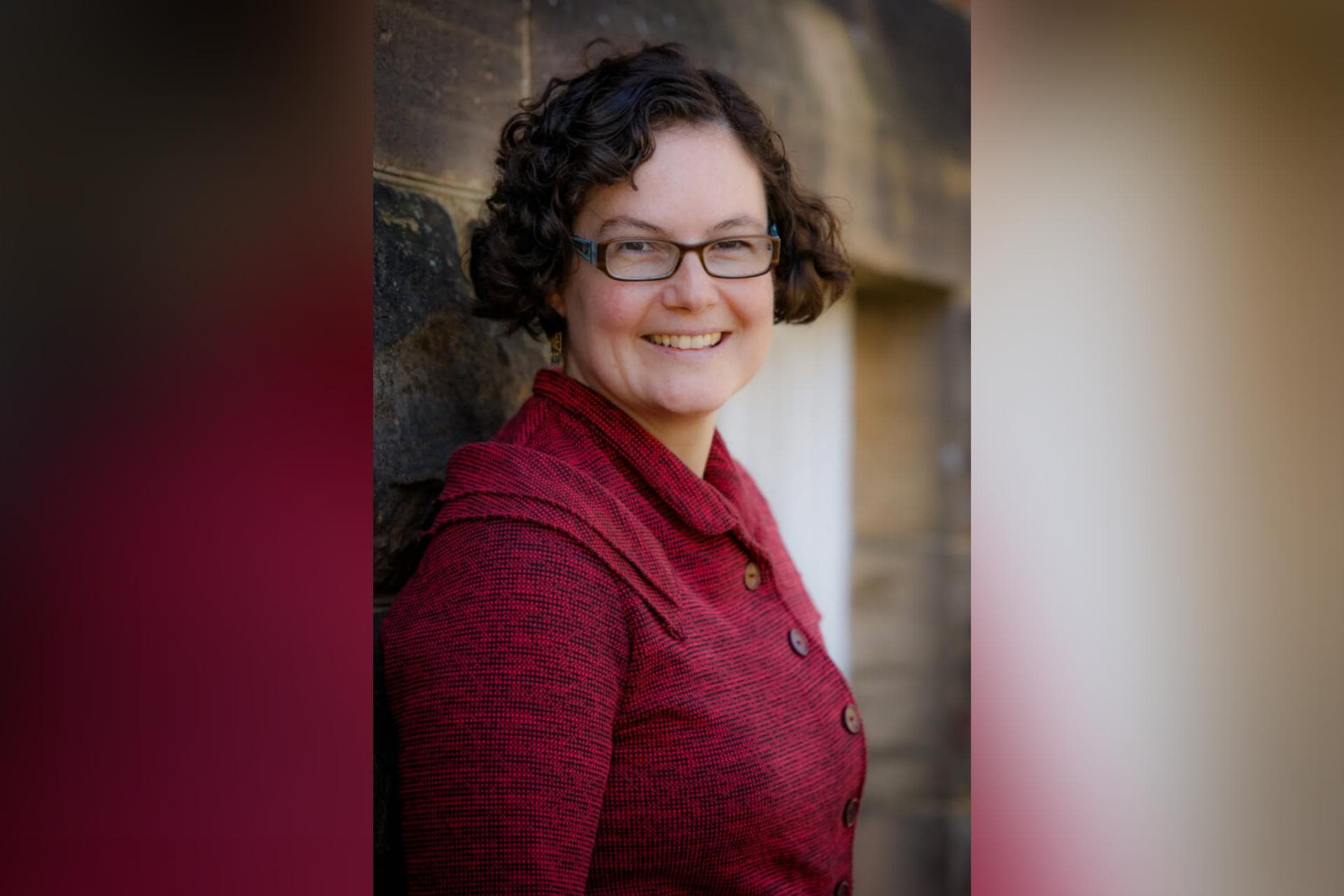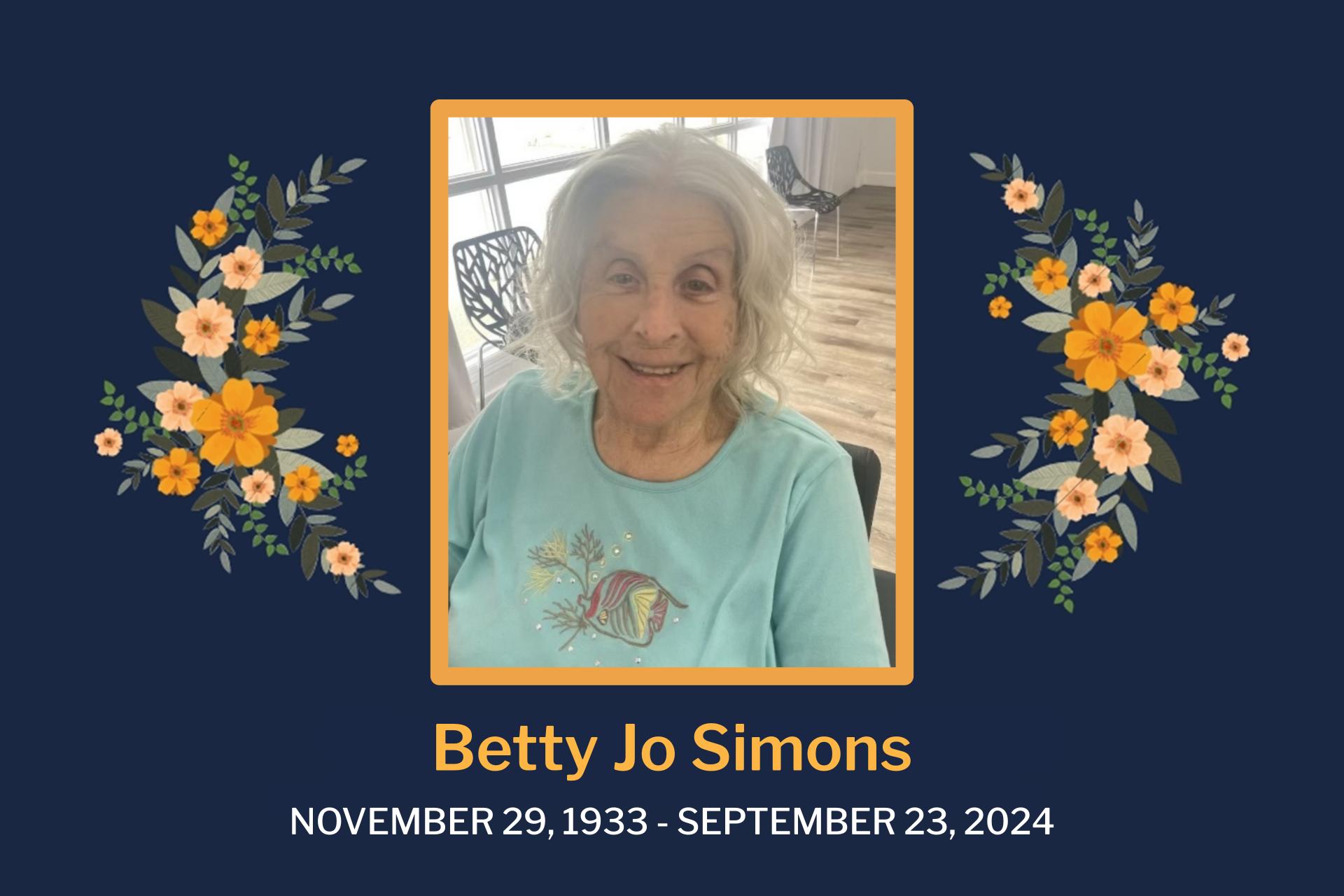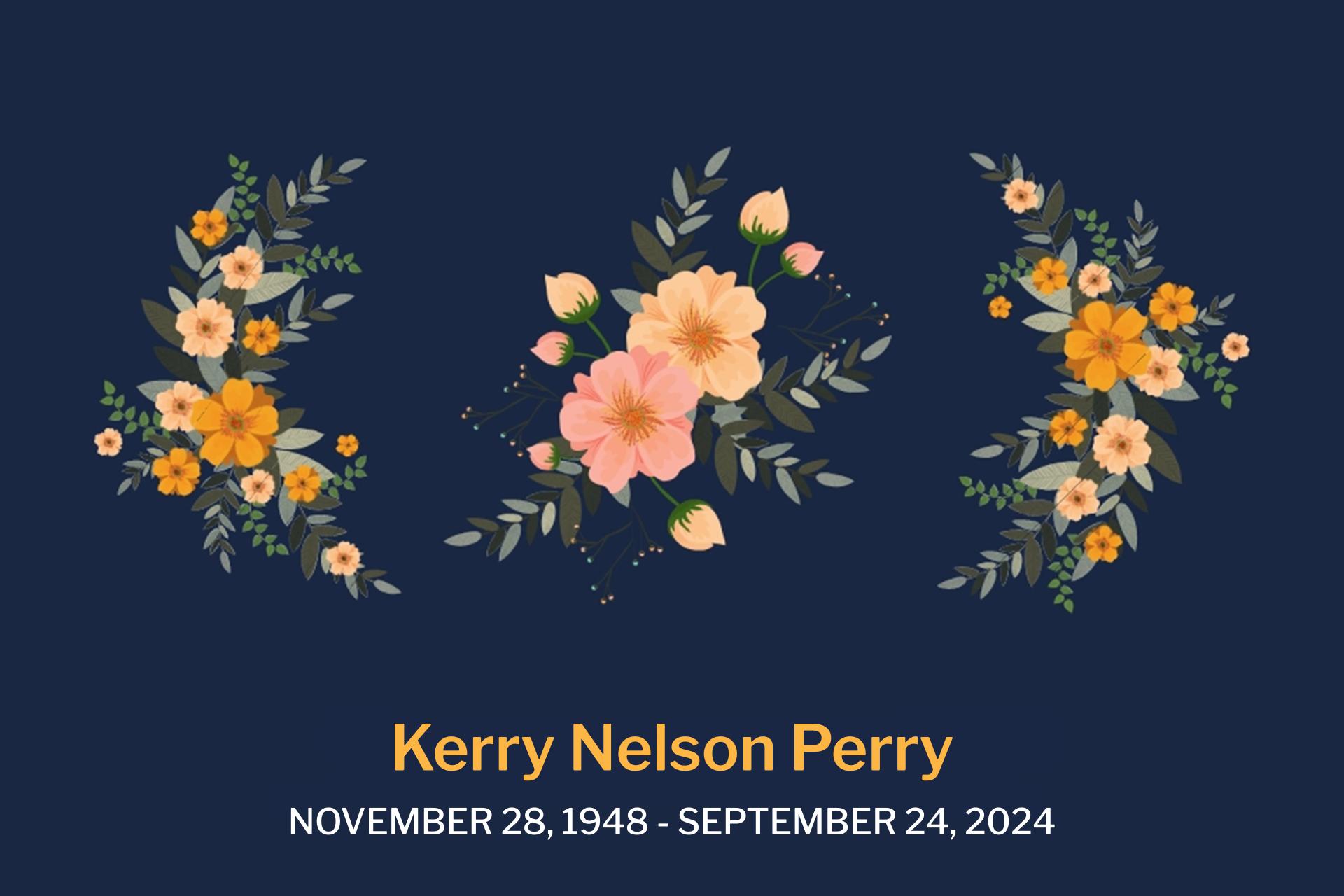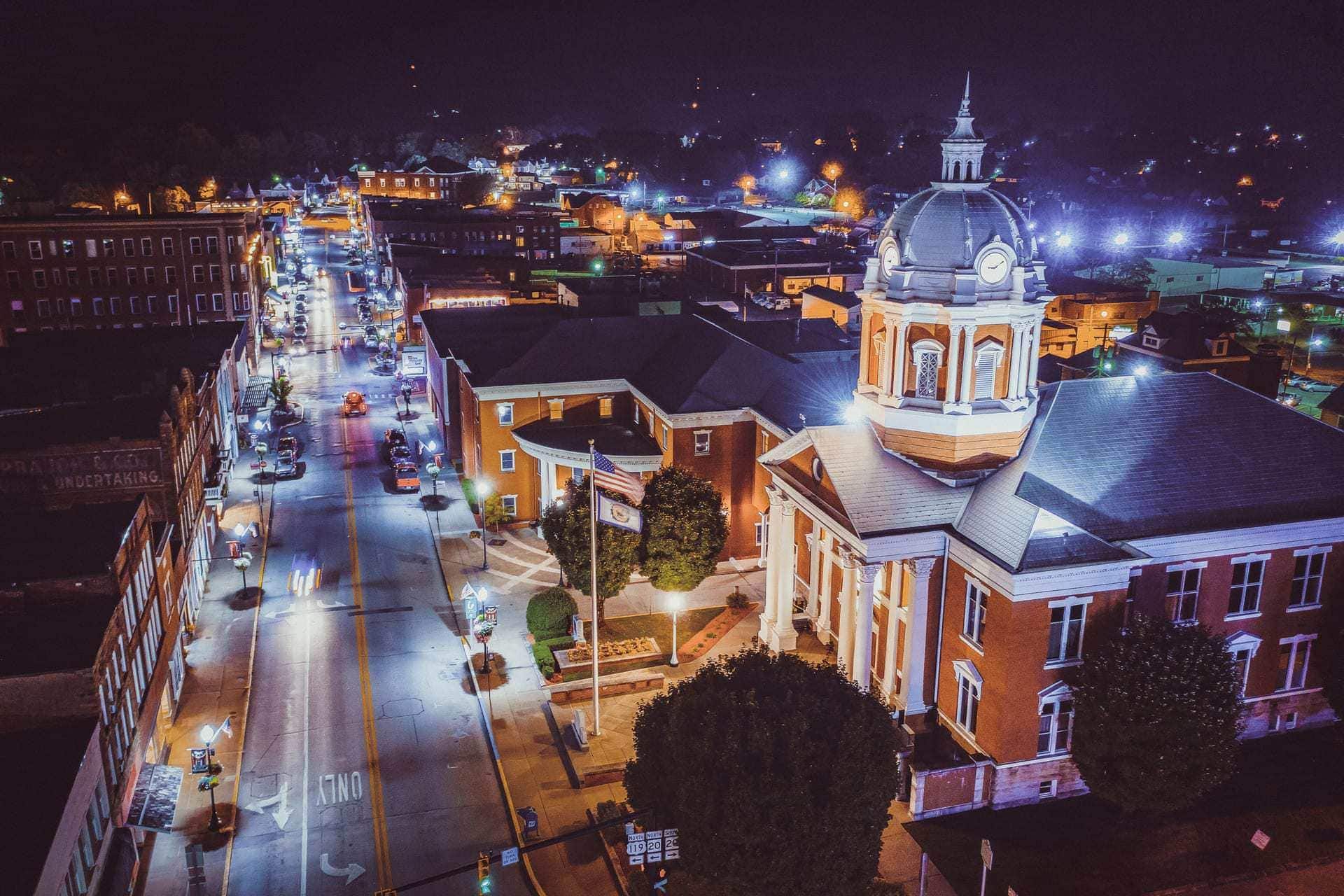West Virginia Wesleyan College Associate Professor of Gender Studies Dr. Jessica Scott ’04 has published a new book, “Home Is Where Your Politics Are: Queer Activism in the U.S. South and South Africa.”
“Home Is Where Your Politics Are” examines “the spatial politics of sexuality” through the experiences of advocates working to guarantee the dignity of queer and transgender people in their own context. Dr. Scott explains in an interview that many believe it is easier to live in a city such as New York or San Francisco rather than in states like West Virginia or Alabama.
Scott stated, “There is a similar narrative on the African continent—the suggestion there is that it is better to go to South Africa than to stay in Kenya or Nigeria as a queer or transgender person. The reality of hate crimes and xenophobia in American and South African cities is not taken into account in these narratives.”
Scott earned a Ph.D. at the University of Cape Town in South Africa, where their research began with the question, “What is the effect of some places being characterized as hostile to queer and transgender lives?” Scott found answers to these questions in interviews with organizers fighting for the rights and dignity of queer and transgender people in the U.S. South and South Africa.
During Scott’s time at West Virginia Wesleyan College, their teaching has been both informed by and informative for their work. Scott states that when the narrative of rural places being awful for queer and transgender individuals to live in is confronted in the classroom, reactions vary. From this, they conclude that while rural areas can feel isolating and politically challenging for queer and transgender people, cities are not panaceas for homophobia or transphobia. The more this narrative is embedded in society, the fewer resources are available in these areas to fight homophobia and transphobia.
Scott stated, “I want readers to take away both the commitment to the dignity of queer and transgender lives that organizers embrace every day and the sense that this work is extremely underfunded. I also want readers to be able to recognize the complex ways that race, gender and class intersect with queerness and gender identity in every context and to think about who and how they are in relation to those intersections. The organizers who show up in the book have done that difficult work and are excellent examples to emulate in thinking through our own places in the world. I, too, have tried to think through those questions about myself in order to provide a model that readers might follow in reflecting on their own place in the world—globally and locally.”
“Most of all, though, I want readers to take away from the book a tenderness toward the spaces that I write about and a love and admiration for the people who live there that has nothing to do with pity.”
Scott has recently completed a year-long series of interviews with unhoused, newly housed and housing-insecure individuals living in Clarksburg, West Virginia, through their work as a co-director for the Center for Restorative Justice. Scott plans to write a book about vulnerabilities in the lives of people experiencing housing insecurity in the future.

















